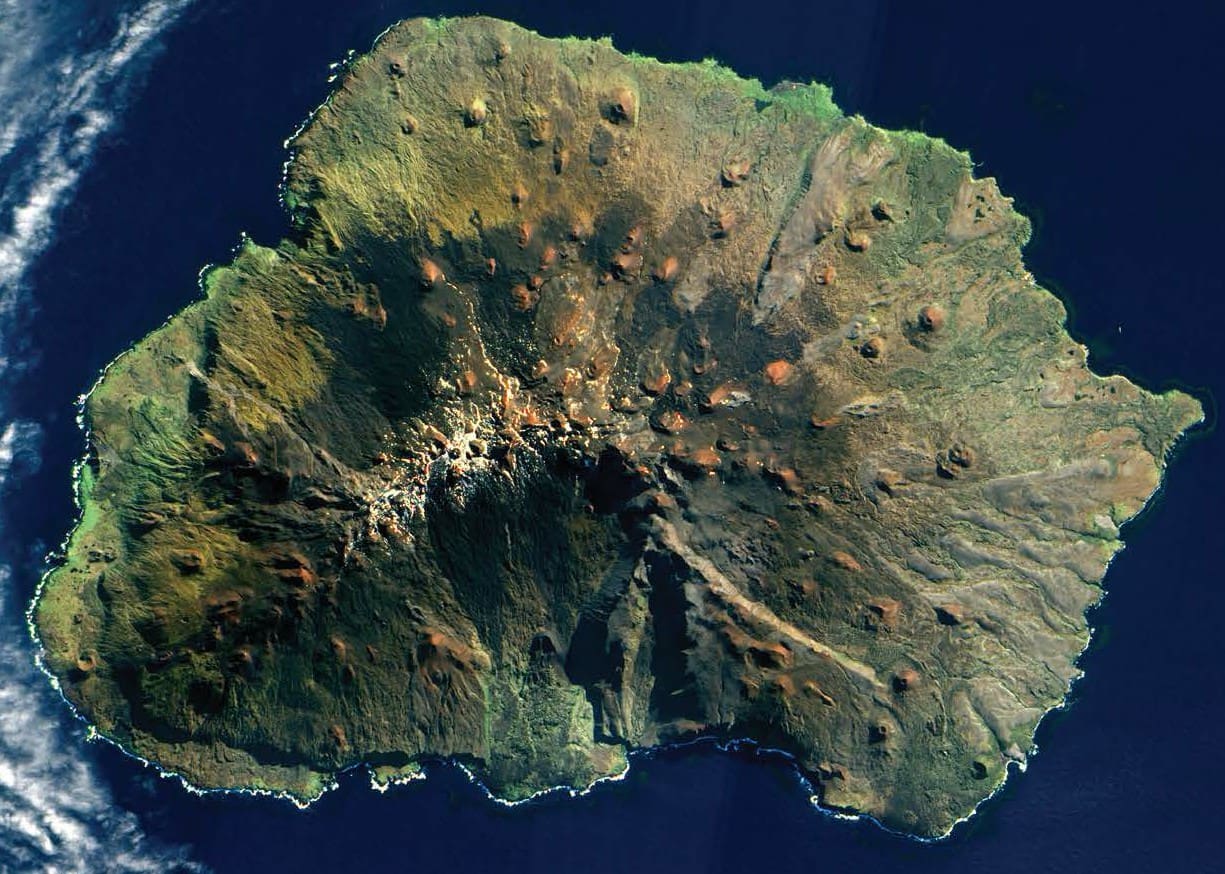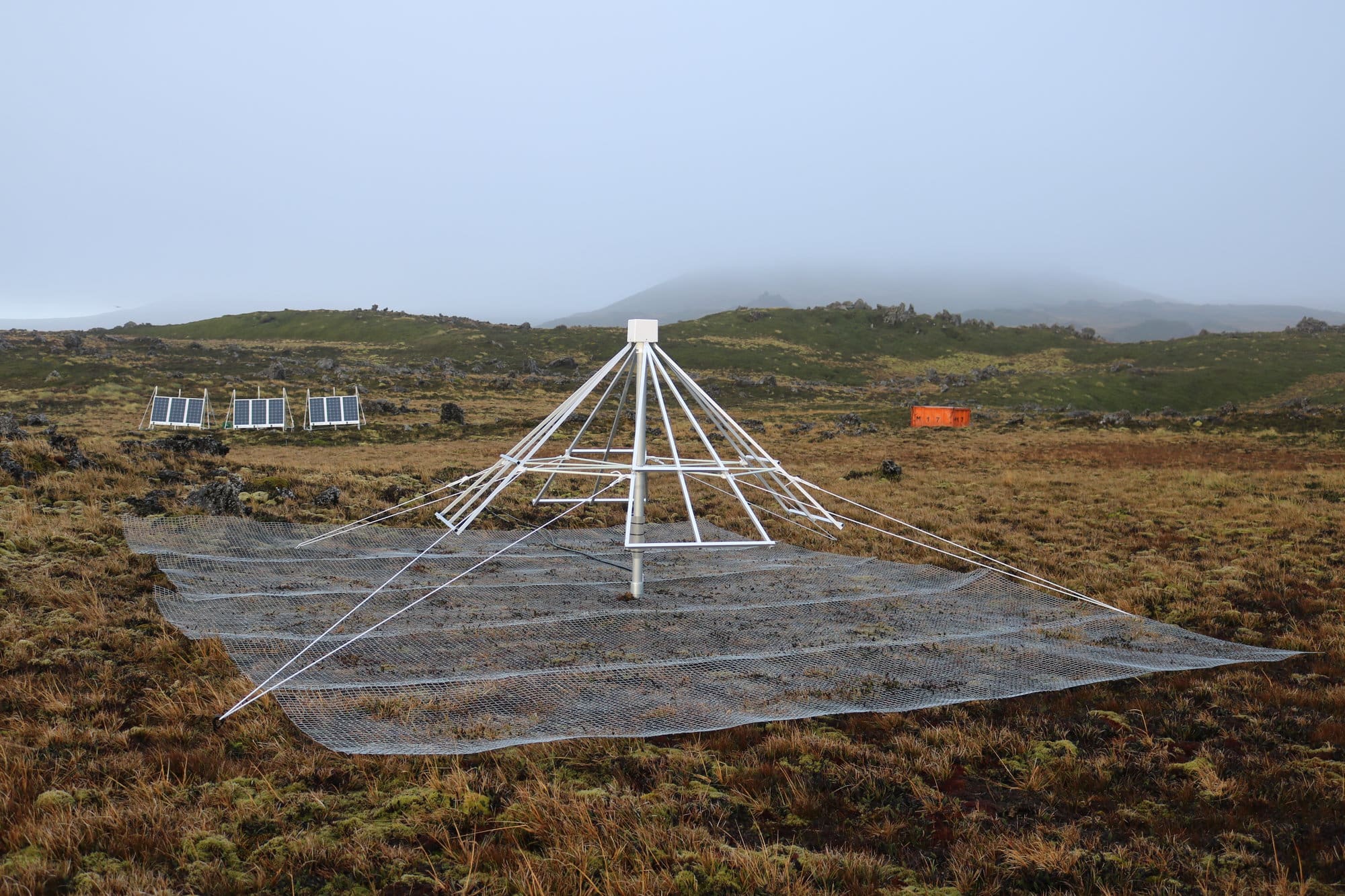A few hundred million years after the big bang, the first stars in the universe were born during a period known as “cosmic dawn.”
This epoch is uncharted territory: the first and only tentative detection of cosmic dawn was reported in 2018, thus opening a new window into the universe’s past that is ripe for new discoveries.
 Telescopes aiming to study cosmic dawn must observe at radio frequencies (<150 MHz). These frequencies are exceptionally difficult to measure because of contamination from terrestrial radio-frequency interference and ionospheric effects.
Telescopes aiming to study cosmic dawn must observe at radio frequencies (<150 MHz). These frequencies are exceptionally difficult to measure because of contamination from terrestrial radio-frequency interference and ionospheric effects.
Our team has demonstrated that Marion Island truly offers a South African geographic advantage for low-frequency radio astronomy. The radio-quiet environment of Marion is unparalleled, surpassing even the Karoo desert, which is one of the premier radio observatory sites and the future location of the Square Kilometre Array (SKA). With its clean observing conditions, Marion Island gives a unique opportunity to deliver high impact science that is impossible to conduct anywhere else in the world.

Radio astronomy experiment (ALBATROS) on Marion Island.
The project has installed two radio astronomy experiments on Marion Island. The first, named PRIZM, is searching for the signal from cosmic dawn and has been operating for three years. We are continuing these observations, coupled with instrument upgrades and rigorous calibration campaigns in order to obtain a robust detection. The second experiment, ALBATROS (above), is a companion project that aims to image the radio sky at <30 MHz, improving upon the resolution of current results by a factor of 20-30.
We have proven the technology with a few pathfinder antennas, and we are building and installing additional antennas to complete the full ALBATROS array. Our work is well timed to take advantage of the current solar minimum. The reduced ionospheric activity may allow us to probe the sky at particularly low observational frequencies that are otherwise difficult or impossible to access.
Prof Kavilan Moodley is the Principal Investigator on the project hosted at The Astrophysics Research Centre (ARC) at the University of KwaZulu-Natal (UKZN). The Astrophysics Research Centre (ARC) is part of the College of Agriculture, Engineering and Science at UKZN. We strive to be a world-class centre of excellence for research and postgraduate training in astrophysics and related data-intensive science.
The management of the project is done by Prof. H. Cynthia Chiang and Prof. Jonathan Sievers.
Read here more about the project.
Text and Images by Prof Cynthia Chiang, 12 August 2021.







